Lead Research Communicator
Malcom is a lead research communicator for Michigan Medicine and research communications strategist for the U-M Medical School, with more than 20 years of experience in strategic communications, marketing, and health and science writing. She covers the basic science departments, pulmonary and critical care medicine, infectious disease, pathology and anesthesiology. Contact: [email protected]

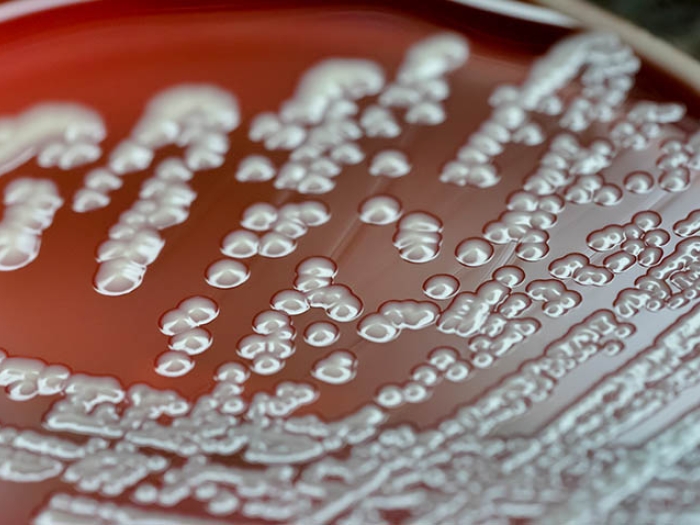
Health Lab
A mouse study hints that the gut microbiomes of Crohn’s disease and IBD patients may be improved through dietary changes.

Health Lab
Immune system compound itaconate shown to block vitamin B12 pathway that tuberculosis-causing bacteria need to survive.

Health Lab
CBD oil and other supplements containing cannabidiol are gaining popularity, but does CBD work for treating chronic pain?

Health Lab
New Michigan Medicine research find genes that help maintain the 50-50 balance between male and female offspring.
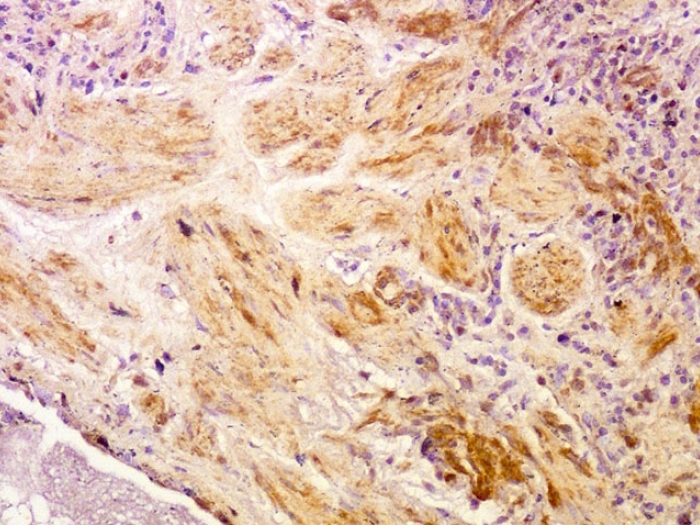
Health Lab
A recent epigenetic discovery could inspire new treatments for patients living with idiopathic pulmonary fibrosis (IPF).

Health Lab
Smelly farts are one way our bodies manage our well-being. It turns out expelling noxious gas takes priority in our guts.
News Release
As the nation continues to battle an epidemic of addiction and overdose related to opioids and other drugs, several teams of University of Michigan researchers have received millions of dollars in new federal funding to address the issue head-on.
News Release
Steve Kunkel, Ph.D., has been appointed as the permanent executive vice dean for research and chief scientific officer for Michigan Medicine, effective Sept. 1.
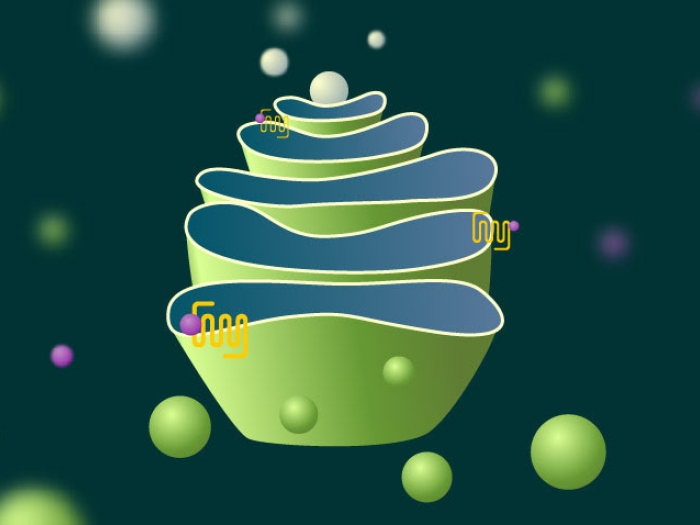
Health Lab
Investigators at Michigan Medicine determine that receptors inside heart cells could be targets for better beta blockers and could lead to improved drugs for heart failure.
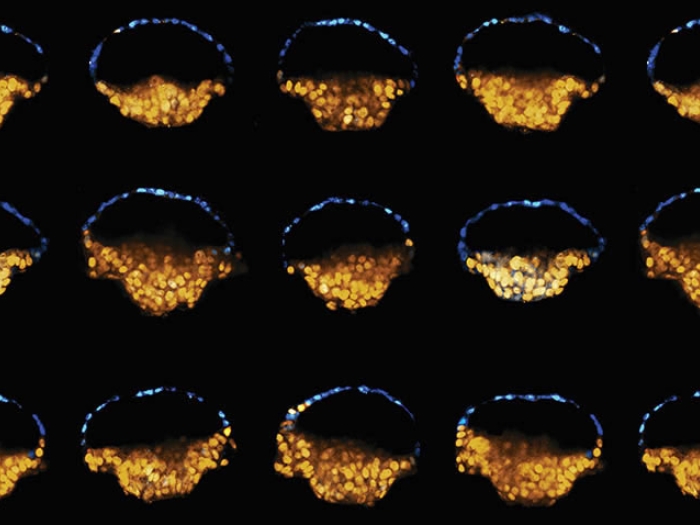
Health Lab
Researchers develop new way to reliably create induced pluripotent stem cell (iPSC) colonies from adult tissue.

Health Lab
New research from Michigan Medicine could help doctors identify which patients are more likely to continue opioids after surgery
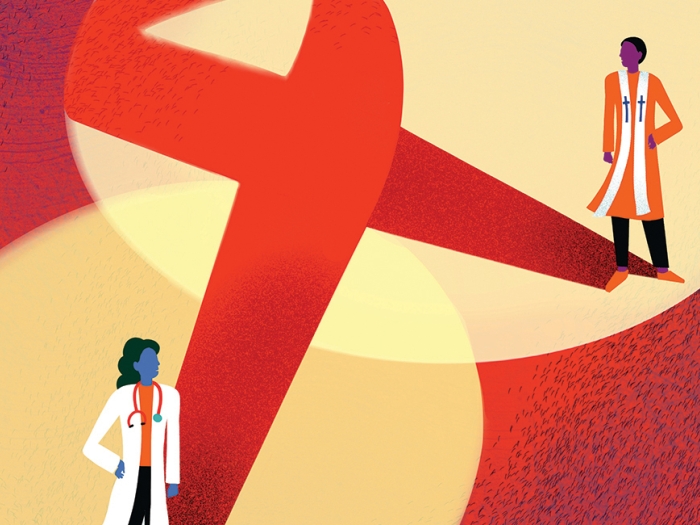
Medicine at Michigan
A science-based education approach enlists religious leaders

Health Lab
A new discovery points towards a possible treatment for non-healing, diabetic wound care

Health Lab
How unexpected awakenings in dementia patients might shed new light on the disease, according to University of Michigan researcher and colleagues

Health Lab
A study in rats has revealed the presence of naturally occurring dimethyltryptamine (DMT), an increasingly popular hallucinogen.